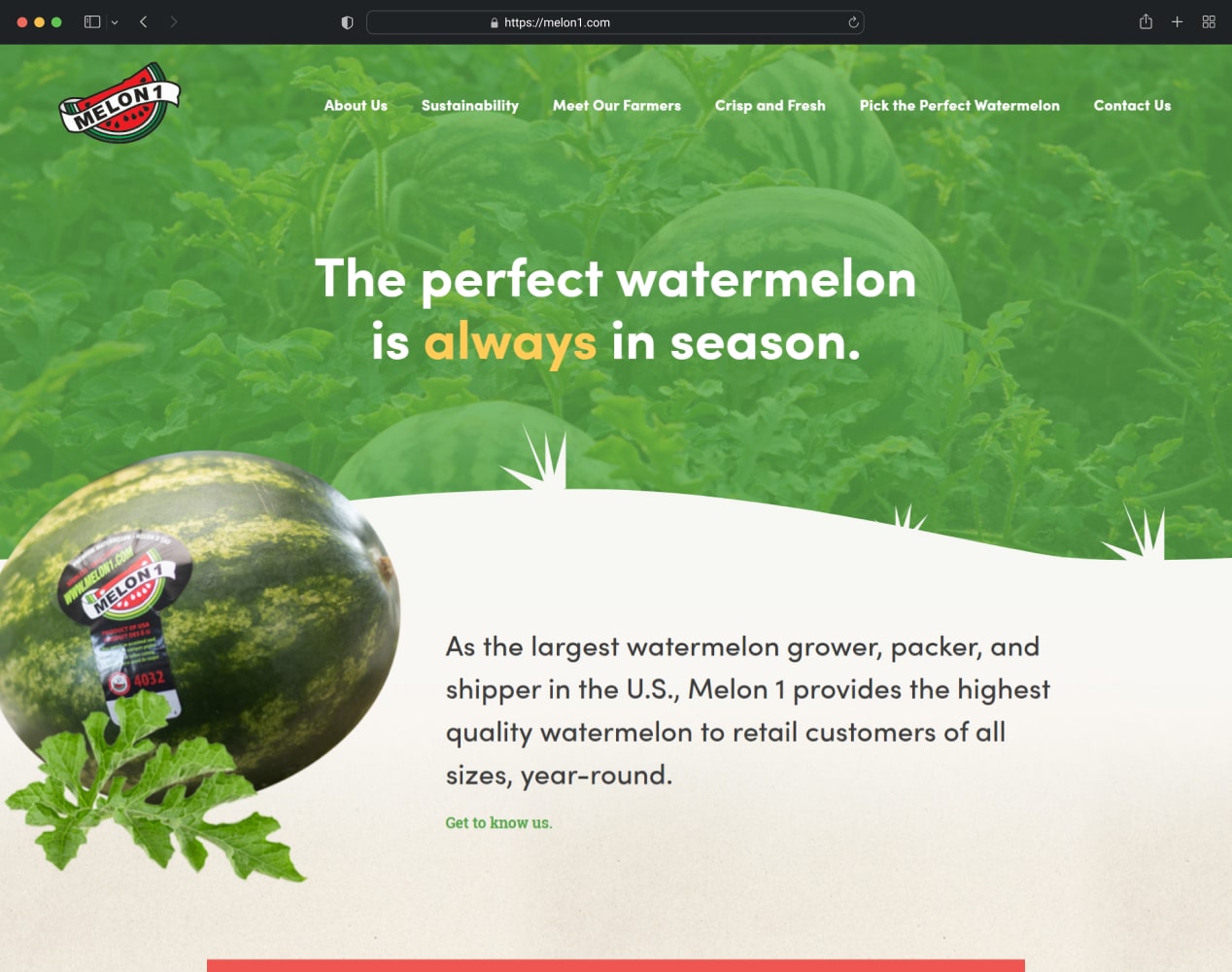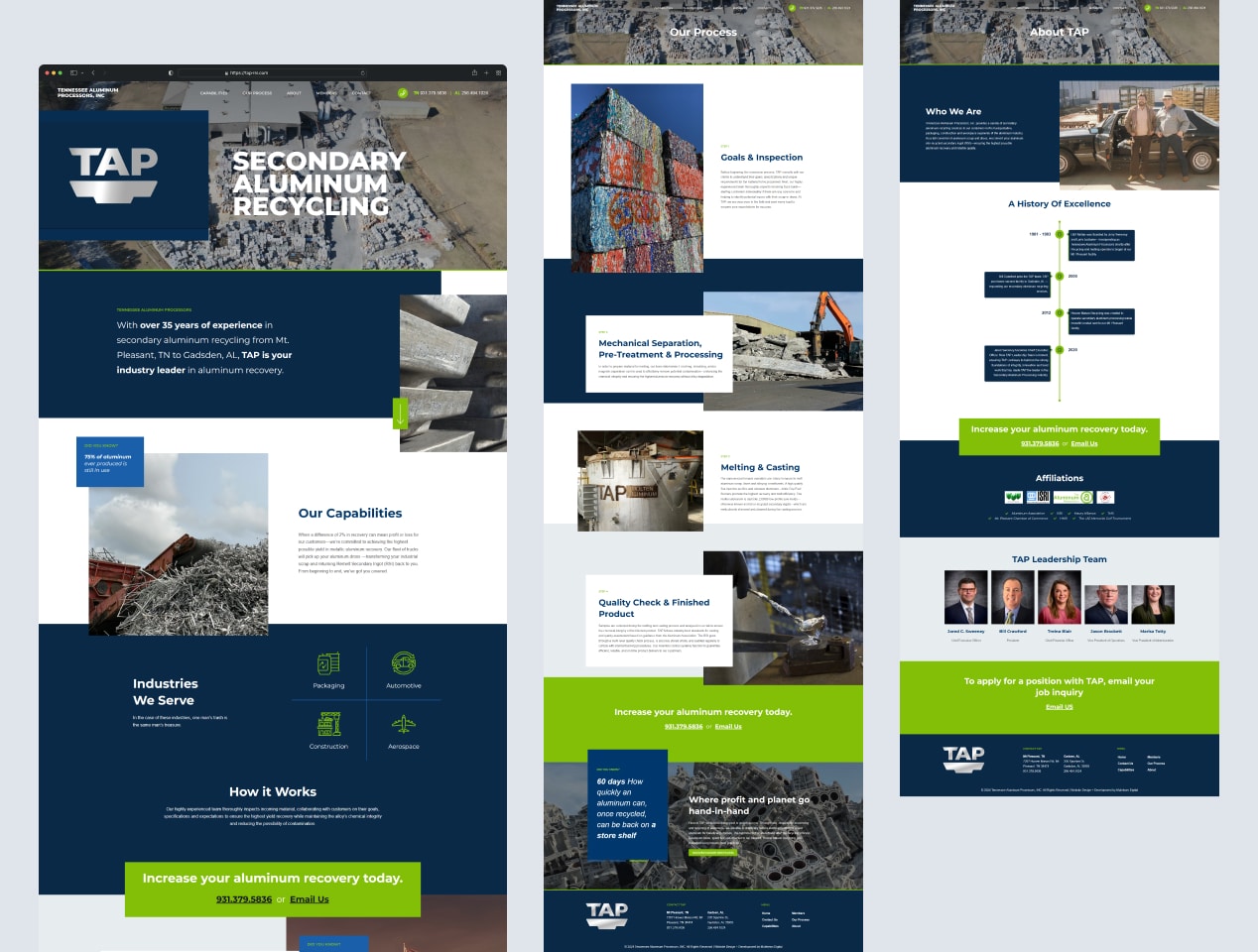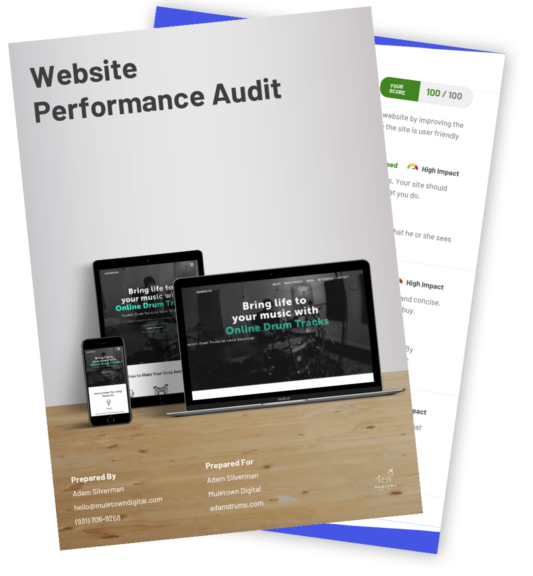Custom vs Template Website: What's Better?
When building a website for your business, one of the first questions that arises is whether to use a template or create something entirely custom. Custom designs offer uniqueness and flexibility, significantly impacting your website’s performance, scalability, and ability to achieve business goals. On the other hand, templated websites provide a quicker, budget-friendly solution but may lack originality and customization.
Let’s dive deeper into this topic to help you determine the best approach for your unique needs.

Introduction to Website Options
When it comes to creating a website, businesses have two primary options: custom website design and template websites. A custom website is designed from scratch to fit the unique requirements of a business, offering unparalleled flexibility and seamless software integration. This approach ensures that every aspect of the site aligns perfectly with the brand’s identity and goals. On the other hand, template websites use pre-designed layouts, making them a more cost-effective and quicker solution. However, they may lack the uniqueness and personalization that a custom site offers. In this article, we will explore the pros and cons of each option, helping businesses make an informed decision about which website option is right for them.
Template vs. Custom Websites: Understanding the Difference
Imagine building a home: you can either design it from scratch, tailoring every detail to your preferences, or choose a prefabricated model that’s ready-made. Websites follow similar logic in the vs template debate:
- Custom websites are akin to custom-built homes. Every aspect—from layout and functionality to aesthetics—is tailored to meet specific requirements, offering unique branding and flexibility.
- Template websites resemble prefabricated homes. You select an existing design, make minor adjustments, and quickly have a functional solution.
While both options serve their purpose, the choice between them depends on factors like budget, timeline, branding needs, and long-term goals.
Pros and Cons of Template Websites
Pros
- Cost-Effective: Pre made templates are generally cheaper upfront. They are ideal for startups or small businesses working with tight budgets.
- Speed: Template themes enable rapid deployment. You can select a design, add content, tweak some elements, and launch quickly.
- User-Friendly: Most templates come with intuitive interfaces that allow non-technical users to make basic adjustments.
Cons
- Limited Customization: Templates are designed for broad appeal and often include features you may never use, leading to limited flexibility in terms of customization.
- Performance Issues: Templates often come with extra code that can negatively impact website performance and SEO rankings.
- Scalability Concerns: As your business grows, template limitations become apparent—making adjustments cumbersome and costly.
Pros and Cons of Custom Websites
Pros
- Fully Customized: Every detail of a custom designed website is tailored specifically for your business needs, ensuring streamlined functionality without unnecessary code.
- Enhanced Performance: Custom-built websites load faster and provide superior user experiences—positively impacting SEO rankings.
- Scalability: Designed with growth in mind, custom websites allow seamless updates and expansions with extra features that support future growth.
- SEO & CRO Benefits: Search engine optimization (SEO) and conversion rate optimization (CRO) can be integrated from the outset for maximum effectiveness.
Cons
- Higher Initial Investment: Custom websites require significant upfront costs due to extensive planning, design, and development, leading to higher costs compared to templated websites.
- Longer Development Time: Building from scratch takes time—from conceptualization to testing—which can be a bit time consuming and may delay launch timelines.
Technical Expertise Required: Maintenance often requires skilled developers, adding long-term costs.
The Muletown Digital Hybrid Approach
At Muletown Digital, we advocate for a hybrid approach combining the best aspects of custom and template solutions, including built-in options for customization. We create “skeleton frameworks”—custom-designed, customizable modules adaptable to unique needs.
Why This Works:
- Efficiency: Accelerates development compared to fully custom builds without sacrificing quality.
- Customization: Offers flexibility to align with brand guidelines while maintaining scalability.
- Cost-Effectiveness: Reduces development costs by reusing proven modules instead of starting from scratch.

Custom Website Design Process
Creating a custom website involves several meticulous steps to ensure the final product meets the specific needs of the business. Here’s a closer look at the custom website design process:
- Initial Consultation:
- The process begins with a detailed discussion to understand the business’s goals, target audience, and specific requirements. This helps in setting clear objectives for the website.
- Planning and Strategy:
- Based on the initial consultation, a comprehensive plan is developed. This includes site architecture, user experience (UX) design, and content strategy to ensure the website is both functional and engaging.
- Design and Development:
- The design phase involves creating wireframes and mockups that reflect the brand’s identity. Once approved, the development team builds the site using clean, efficient code, ensuring optimal performance and scalability.
- Content Creation:
- High-quality, SEO-optimized content is created to populate the website. This includes text, images, videos, and other multimedia elements that enhance user engagement and improve search engine rankings.
- Testing and Quality Assurance:
- Before launch, the website undergoes rigorous testing to identify and fix any issues. This includes checking for responsiveness on mobile devices, browser compatibility, and overall functionality.
- Launch and Ongoing Maintenance:
- After thorough testing, the website is launched. Post-launch, ongoing maintenance is crucial to keep the site updated, secure, and performing at its best.
By following this detailed process, custom websites are tailored to meet the unique needs of a business, providing a high-performing, scalable, and secure online presence.
How to Decide: Custom or Template?
Choosing between custom and template websites depends on several key factors:
1. Budget
A tight budget doesn’t necessarily mean settling for a template; understanding template cons, such as lack of uniqueness and flexibility, can help in making an informed decision.
Hybrid solutions, including a custom built website, can offer tailored yet affordable options.
2. Timeline
Pre built themes are quicker to deploy but may require frequent updates later on. Consider initial launch speed versus long-term efficiency with a custom design.
3. Purpose
Clarify your website’s primary function:
- Is it for brand presence or validation?
- Are you actively generating leads or selling products?
For simple online presence needs, a template site suffices; for growth-focused objectives, custom web design solutions are better.
4. Branding Needs
Templates often restrict branding flexibility due to predefined layouts and designs, leading many businesses to use the same template. If precise branding is critical, custom designs ensure alignment with your identity.
5. SEO & CRO Goals
If organic traffic and conversions are priorities, improving your seo ranking is essential. A custom built website offers built-in optimization capabilities that templates lack.
Common Pitfalls of Template Websites
While templates seem attractive initially due to their affordability and speed, the template cons include limited flexibility and lack of uniqueness, which can lead businesses into costly traps:
- Sudden theme updates causing layout shifts or breaks.
- Performance issues like slow load times due to extra code harming SEO rankings.
- Difficulty making minor adjustments without significant effort or expense.
These challenges often result in higher long-term costs compared to investing in a custom solution upfront.
Case Study: Real-Life Experience
Consider a nonprofit client that initially chose a templated website due to budget constraints:
- Their site launched quickly but soon faced performance issues and functionality limitations.
- SEO suffered as traffic stagnated, hindering growth objectives.
- Eventually, they transitioned to a custom solution—incurring additional costs for redevelopment.
This scenario highlights how underestimating future needs can lead to paying more over time.
The Muletown Digital Advantage
Our hybrid solution avoids common pitfalls of a custom built website by combining customizable modules with tailored elements found in template sites:
- Scalable designs grow seamlessly with your business.
- Optimized performance enhances user experience from day one.
- Built-in SEO ensures strong rankings without retroactive fixes.

Action Steps for Choosing the Right Approach
Here’s a practical guide:
- Define your budget clearly—consider long-term maintenance costs alongside initial expenses, including the potential use of a website builder for easier updates.
- Clarify your timeline—balance quick deployment versus future efficiency.
- Identify your purpose—determine whether validation or growth is the primary objective.
- Review branding guidelines—evaluate how critical precise branding is for your online presence.
- Prioritize SEO & CRO goals—if leads and conversions matter most, opt for custom website designs.
Additional Considerations: Security & Functionality
Custom websites offer enhanced security compared to templates:
- Templates often rely on third-party developers whose updates may compromise functionality or security issues.
- Custom-built sites allow businesses greater control over security protocols—reducing risks of cyber threats or breaches.
Functionality is another critical factor:
- Templates limit design flexibility and responsiveness—negatively impacting mobile user experience.
- Custom sites provide tailored functionalities aligned with specific business goals.
Future-Proofing Your Website
As technology evolves rapidly, ensuring your website remains relevant is vital:
- Templates may struggle to adapt as new trends emerge due to their rigid frameworks, limiting the ability to incorporate new features.
- Custom built websites are designed with scalability in mind—allowing seamless integration of new technologies like AI-driven personalization or advanced analytics tools.
By investing in future-proof solutions today, businesses save time and money while maintaining competitive advantages.

Conclusion
In conclusion, the choice between a custom website and a template website depends on various factors, including budget, timeline, and specific business needs. Custom websites offer unparalleled flexibility, unique branding, and superior performance, making them ideal for businesses with long-term growth objectives. On the other hand, template websites provide a cost-effective and quick solution, suitable for startups or small businesses with limited budgets.
Ultimately, the decision should align with your business goals and future plans. If you’re still unsure, consulting with a professional web design agency like Muletown Digital can provide valuable insights and help you choose the best approach for your new website. Whether you opt for a fully custom solution or a smart hybrid approach, the right website can significantly impact your business’s success.
Still Unsure? Talk to Us
Choosing between custom and template-based websites can feel overwhelming—but it doesn’t have to be! At Muletown Digital:
- We offer strategic advice tailored specifically to your business needs.
- Whether you need a fully custom solution or a smart hybrid approach—we’re here to guide you toward success.
Book a call today! Let’s build a website that not only looks great but drives meaningful results for your business.
Are you struggling to generate leads off of your website?
Ready to turn SEO challenges into opportunities? At Muletown Digital, we know that every missed keyword and technical glitch can hold back your growth. Let our expert team help you fine-tune your strategy—from targeted keyword research to flawless site performance and engaging content that converts. Invest in your online future today and contact us to unlock your website’s full potential.
Other Helpful Digital Marketing Insights
© Copyright 2025 Muletown Digital, LLC. All Rights Reserved.

